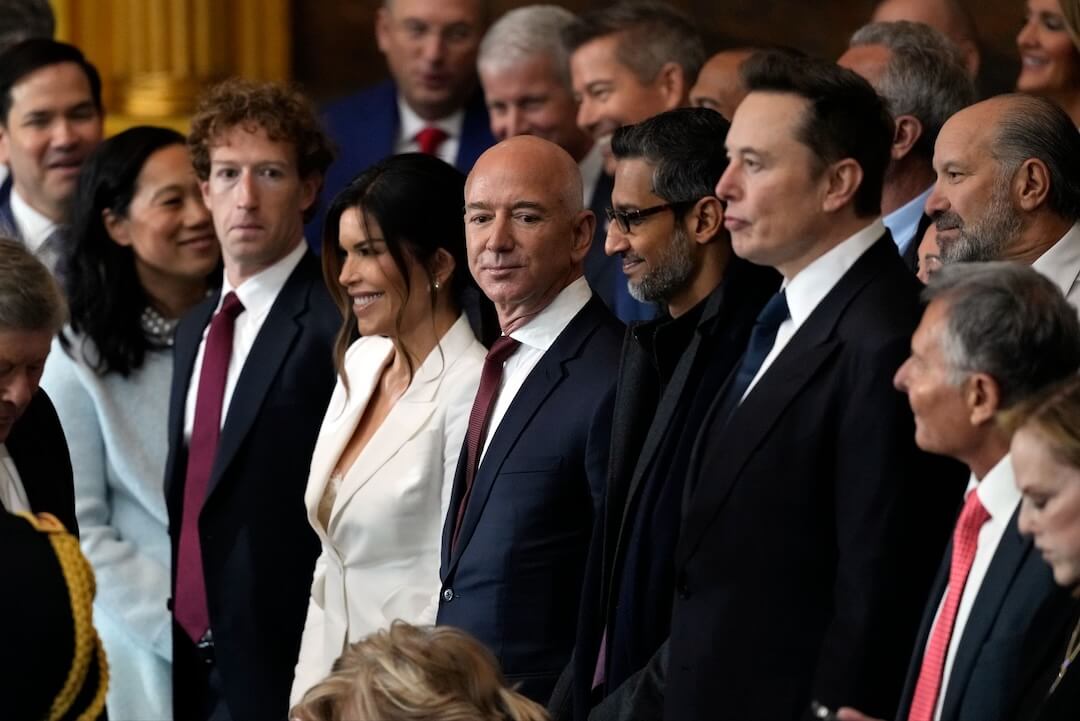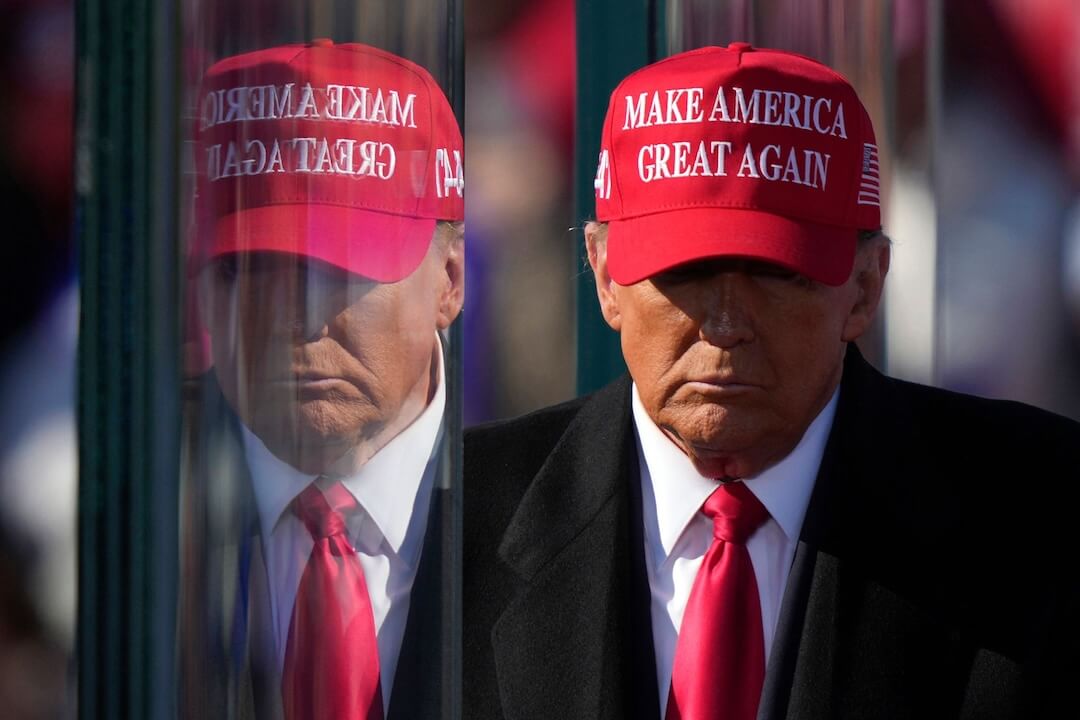A hundred college presidents signed a petition saying lawmakers should consider whether the drinking age should be 18, not 21. They say that it would help combat binge drinking.
Note that they didn’t say Congress should lower the drinking age, just that we should have a big public kegger and debate it. OK, I made up the part about the kegger.
The movement called the Amethyst Initiative began quietly recruiting presidents more than a year ago to provoke national debate about the U.S. drinking age, which is among the highest in the world.
“This is a law that is routinely evaded,” said John McCardell, former president of Middlebury College in Vermont who started the organization. “It is a law that the people at whom it is directed believe is unjust and unfair and discriminatory.”
Other prominent schools in the group include Syracuse, Tufts, Colgate, Kenyon and Morehouse.
Click here to see who has signed the statement.
Here’s the statement from the Amethyst Initiative Web site:
It’s time to rethink the drinking age
In 1984 Congress passed the National Minimum Drinking Age Act, which imposed a penalty of 10 percent of a state’s federal highway appropriation on any state setting its drinking age lower than 21.
Twenty-four years later, our experience as college and university presidents convinces us that…
Twenty-one is not working
A culture of dangerous, clandestine “binge-drinking” — often conducted off-campus — has developed.
Alcohol education that mandates abstinence as the only legal option has not resulted in significant constructive behavioral change among our students.
Adults under 21 are deemed capable of voting, signing contracts, serving on juries and enlisting in the military, but are told they are not mature enough to have a beer.
By choosing to use fake IDs, students make ethical compromises that erode respect for the law.
How many times must we relearn the lessons of prohibition?
We call upon our elected officials:
To support an informed and dispassionate public debate over the effects of the 21-year-old drinking age.
To consider whether the 10 percent highway fund “incentive” encourages or inhibits that debate.
To invite new ideas about the best ways to prepare young adults to make responsible decisions about alcohol.
We pledge ourselves and our institutions to playing a vigorous, constructive role as these critical discussions unfold.






